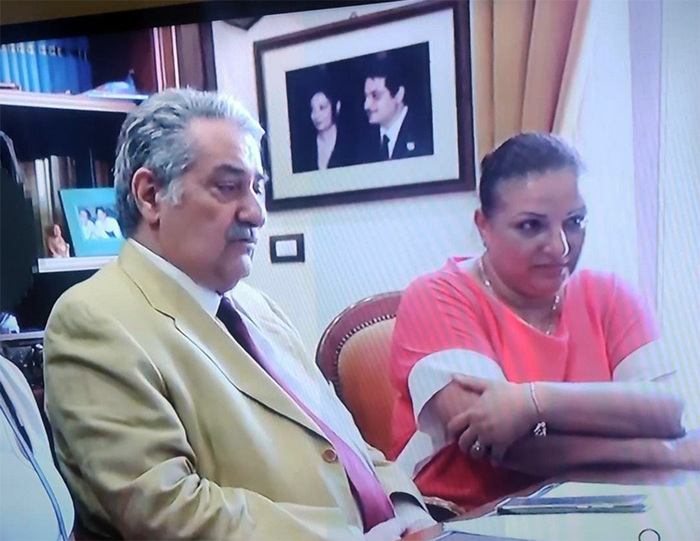The Paris-based writer Milan Kundera has been granted Czech citizenship 40 years after being exiled by Czechoslovakia. The country's ambassador to France, Petr Drulak, told the newspaper Pravo that he had handed Kundera the document last Thursday. Kundera's "sense of Czech identity" is very strong, said the diplomat.
Socialist Czechoslovakia (CSSR) had deprived the writer of his citizenship in 1979 following the publication of the novel "The Book of Laughter and Oblivion". Kundera lived there for several years in exile in Paris. Since 1981, the author, born in Brno, has French citizenship. His 1984 novel "The unbearable lightness of being" made him world famous. Philipp Kaufman successfully filmed the material with Daniel Day-Lewis and Juliette Binoche.
"I think that Milan and (his wife) Vera account for their lives - what they have achieved, what environment they live in, where they have friends," Drulak told the newspaper. The idea of granting him citizenship goes back to Czech Prime Minister Andrej Babis, who had met with the writer a year ago in Paris. Kundera had turned 90 in April.
More than ten years ago, the writer was suspected of having reported to the police in 1950 as an anti-communist student. It could never be clarified whether Kundera had actually reimbursed the ad itself. He enters the allegations.






/cloudfront-eu-central-1.images.arcpublishing.com/prisa/ZUSCQAAVDZB4ZG3O6HXHMJFWCI.jpg)








